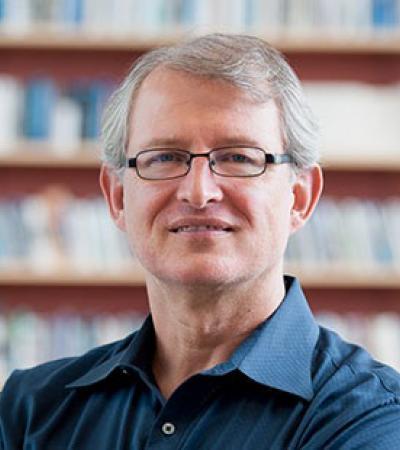
In the age of globalization, megacities in the developing world have emerged as the most contested sites of the socio-spatial contradictions of capitalism. In contrast to deterministic accounts that have dominated the literature, I combine insights from the developmental state and the urban governance literatures to show that political and institutional factors at the national and local level can shape divergent trajectories of urban transformation.
Comparing the modal megacity in three democratic, highly unequal, globally-integrated and rapidly transforming countries, I focus on service delivery and slum rehabilitation to show that there is significant variation in the capacity of cities to coordinate growth and inclusion. These varied outcomes are explained on one hand, by center-local state relations that configure the degree of city capacity and governance autonomy, and on the other hand, by the degree to which the local state is embedded in civil society.
Originally published at conductorshare.nd.edu.